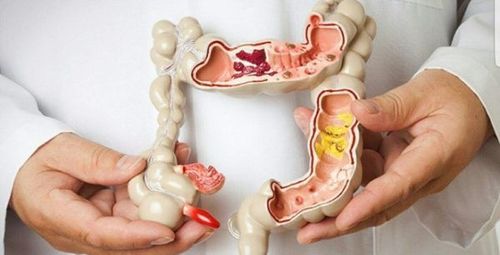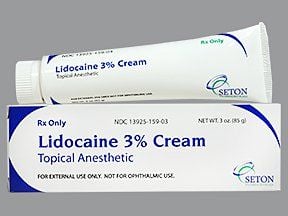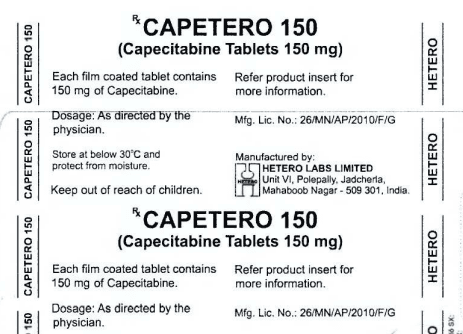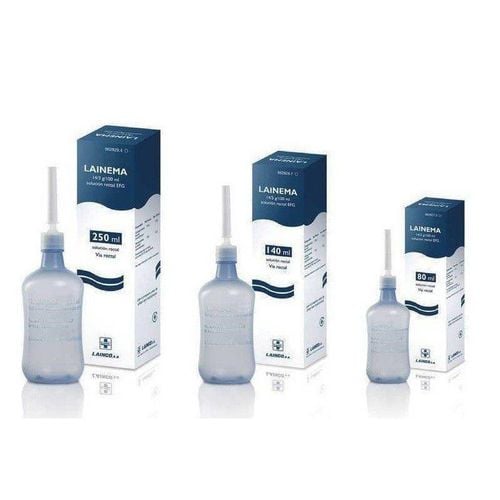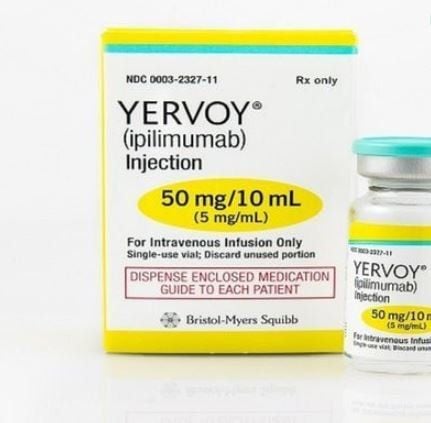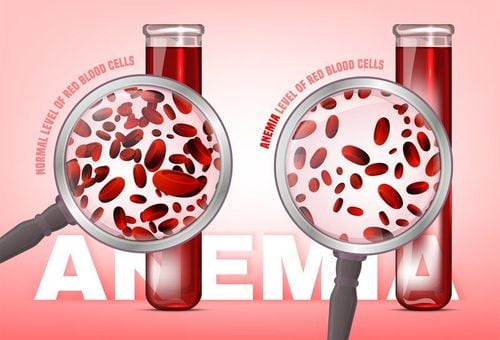This is an automatically translated article.
Post by Master, Doctor Mai Vien Phuong - Head of Department of Gastrointestinal Endoscopy - Department of Medical Examination & Internal Medicine - Vinmec Central Park International General Hospital
The authors recommend colonoscopy and fecal occult blood testing as the primary screening modality for colorectal cancer screening. In addition, they also offer other screening tests when patients cannot perform the two options above.
1. Recommendations of the American Gastroenterology Association ACG
The authors recommend colonoscopy and fecal occult blood testing as the primary screening modality for colorectal cancer screening.
The authors suggest considering the following screening tests for individuals who are unable or unwilling to undergo colonoscopy or fecal occult blood tests: sigmoidoscopy (partial colonoscopy) colonoscopy), multi-target stool DNA testing, computed tomography colonoscopy (virtual colonoscopy), or capsule endoscopy.
2. Flexible sigmoidoscopy
Flexible sigmoidoscopy allows direct assessment of the left part of the colon and if adenomas are found, referral for colonoscopy is required. Four large randomized trials of flexible sigmoidoscopy screening with comparable 10–13 years follow-up have been published.
Two trials, from the UK (Flexi Scope trial) and Italy (SCORE), provided a one-time flexible colonoscopy to participants aged 55–64 years and reported rates The incidence of colorectal cancer decreased by 23%, 18% and the mortality rate from colorectal cancer was 31% and 22% respectively.

3. Imaging tests replace colonoscopy, fecal occult blood tests, or are not indicated for colonoscopy
Virtual colonoscopy and capsule endoscopy are the 2 non-endoscopic screening tests in this category. The diagnostic accuracy of virtual colonoscopy in intermediate-risk screenings has been evaluated in multiple studies. Sensitivity ranges from 68% to 98% for lesions 6 mm and 67%-94% for lesions 10 mm, while specificity ranges from 80% to 93% for lesions 6 mm and 86%–98% for lesions ≥10 mm ( 63.64 ).
However, the diagnostic accuracy of virtual colonoscopy for SSL was significantly lower than that of colonoscopy (3.1% vs 0.8% for colonoscopy and colonoscopy). virtual ). There are also concerns about the detection of flat and right-sided polyps and operator dependence. Capsule endoscopy is FDA-approved for colonoscopy in patients with prior incomplete colonoscopy or in patients with lower gastrointestinal bleeding who are at too high risk for colonoscopy.
The experimental properties of capsule endoscopes have been improved by improvements to the software and hardware. In a prospective study of 884 individuals at intermediate risk for screening, 79% of capsule endoscopy cases could be completed and the sensitivity for detecting adenomas 6 mm was 81%, the specificity being ninety three%.
For polyps ≥10 mm, the sensitivity and specificity were 80% and 97%, respectively. Another recent study with 253 participants who underwent posterior colonoscopy and capsule endoscopy reported a per-patient sensitivity for polyps >9 mm of 87%. A recent efficacy comparison study of virtual colonoscopy and capsule endoscopy enrolled 321 subjects at 14 medical centers and reported that the sensitivity of virtual colonoscopy, capsule endoscopy to polyps ≥6 mm were 32% and 84%, respectively, for polyps ≥10 mm it was 53% and 84%, respectively.
The reasons why virtual colonoscopy has low diagnostic yield are unknown and further analyzes are awaited. At this time, virtual colonoscopy and capsule endoscopy are options for individuals who are unable to undergo colonoscopy or fecal occult blood tests. Provided that the tests are locally available and reimbursed for the screening indication. It is important to note that both tests require a follow-up diagnostic colonoscopy if the results are positive.
4. Multi-target stool DNA test
The multi-target fecal DNA test (mtsDNA) is an FDA-approved stool test that includes testing for mutant KRAS, methylated BMP3, methylated NDRG4, and fecal occult blood tests for hemoglobin . The specificity of the mtsDNA test decreases with increasing patient age. In two recent modeling studies, annual fecal occult blood testing and colonoscopy every 10 years have been shown to be more effective and less expensive than mtsDNA testing every 3 years.
If the mtsDNA test is negative, the interval for repeat mtsDNA testing or switching to another screening test is 3 years as recommended by the manufacturer. Read-out studies on mtsDNA post-test results and optimal repeat intervals are awaited.
Please dial HOTLINE for more information or register for an appointment HERE. Download MyVinmec app to make appointments faster and to manage your bookings easily.
References
Shaukat, Aasma MD et al. ACG Clinical Guidelines: Screening for Colorectal Cancer 2021. American Journal of Gastroenterology: March 2021 - Volume 116 - Issue 3 - pp. 458-479





